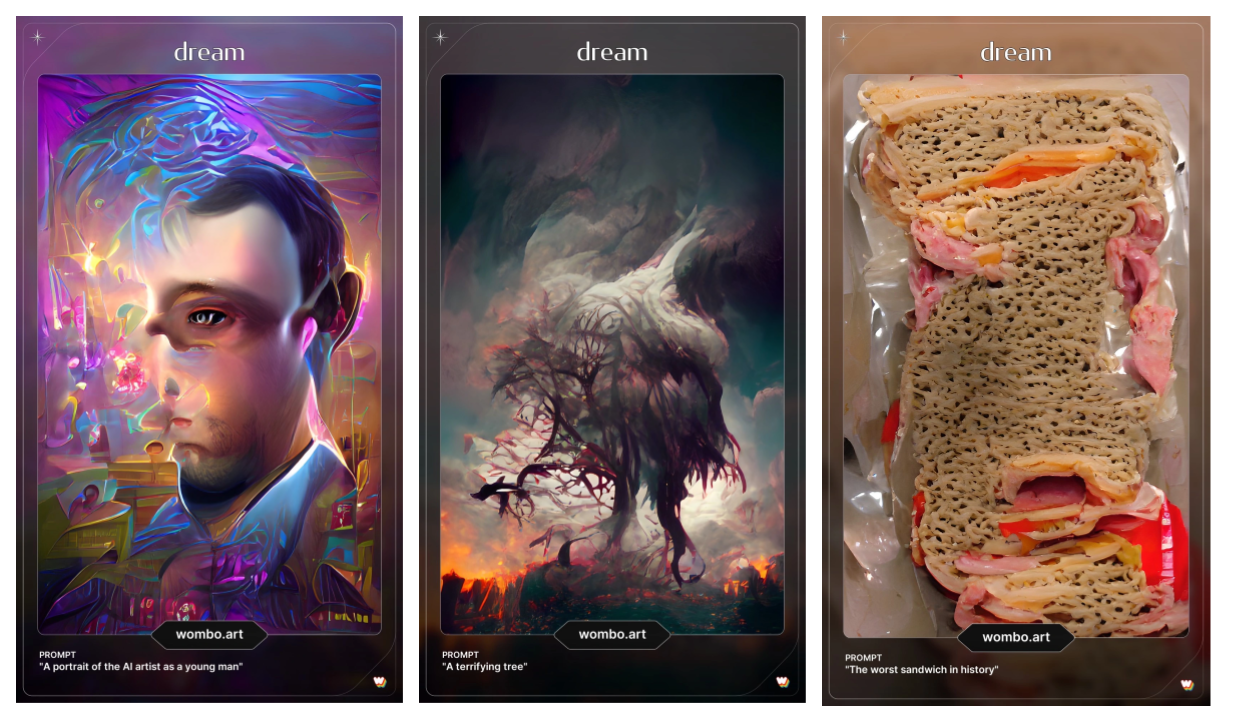Last Week in AI #148: AI art generator app, new wave of AI language startups, facial recognition persists despite bans
New AI app generates art based on user-given styles and text prompts, new AI startups leverage open-source NLP tools, facial recognition is becoming more popular despite bans, and more!
Top News
This AI-powered art app lets you paint pictures with words
Canadian startup Wombo.ai has recently released the app Dream for iOS and Android, which lets users create original “artworks” by just putting in a text prompt and choosing a visual style. The app is powered by AI techniques that have emerged over the course of 2021, with OpenAI DALL-E sh…



